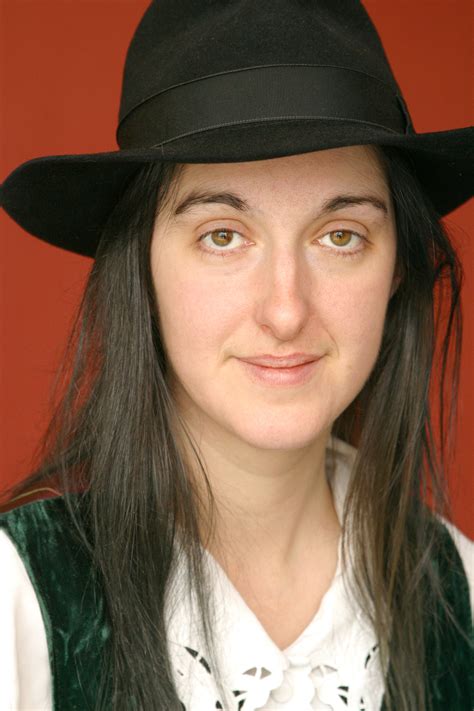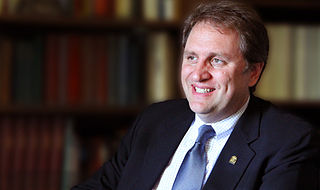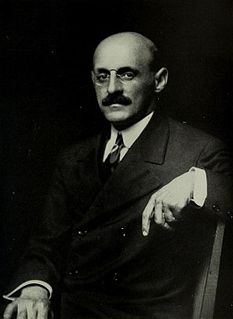A Quote by John Updike
Until the 20th century it was generally assumed that a writer had said what he had to say in his works.
Related Quotes
In the 20th century, we had a century where at the beginning of the century, most of the world was agricultural and industry was very primitive. At the end of that century, we had men in orbit, we had been to the moon, we had people with cell phones and colour televisions and the Internet and amazing medical technology of all kinds.
Mosca and Saracen shared, if not a friendship, at least the solidarity of the generally despised. Mosca assumed that Saracen had his reasons for his persecution of terriers and his possessive love of the malthouse roof. In turn, when Mosca had interrupted Saracen’s self-important nightly patrol and scooped him up, Saracen had assumed that she too had her reasons.
When some say that good works are forbidden when we preach faith alone, it is as if I said to a sick man: "If you had health, you would have the use of all your limbs; but without health, the works of all your limbs are nothing"; and he wanted to infer that I had forbidden the works of all his limbs.
Taking photographs is generally an act of 'looking at the object, whereas 'being seen' or 'showing' is what is most interest to one who does a self-portrait...self-portraits deny not only photography itself but the 20th century as an era as well...an inevitable phenomenon at the end of the 20th century.
Until the Left took over American public education in the second half of the 20th century, it was generally excellent - look at the high level of eighth-grade exams from early in the 20th century and you will weep. The more money the Left has gotten for education - America now spends more per student than any country in the world - the worse the academic results. And the Left has removed God and dress codes from schools - with socially disastrous results.
If I've got Writer's Block it generally means that I don't have that much to say or something's not quite connecting. I have had Writer's Block a bunch of times and it's generally because I'm not able to write down what I'm feeling basically. Mostly, I just need to be alone really, or be with someone who can bring that out of me.
I had a checklist in my mind of the things that make a biography practical. Is the source material centralized? Is it easy to find? Are there new primary sources that no one has ever had access to? Are all the sources in English? If they're not, are they in a language that you speak? And I realized that not only is Armstrong the most important figure of Jazz in the 20th Century, but he's a perfect subject for a biography for all of these reasons. I had always loved his music and I had been fascinated in him as a personality. And that's really the key to writing a biography.







































